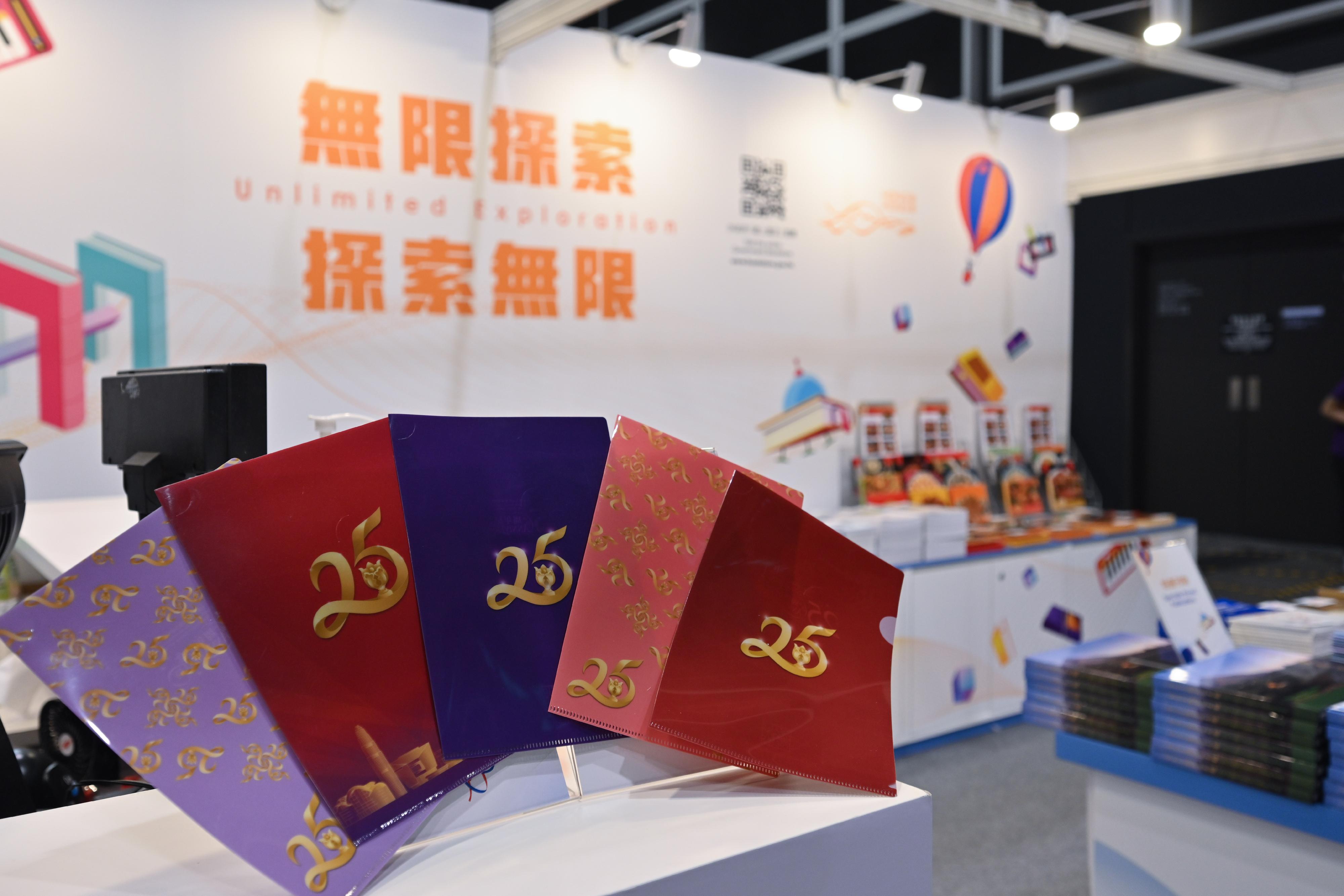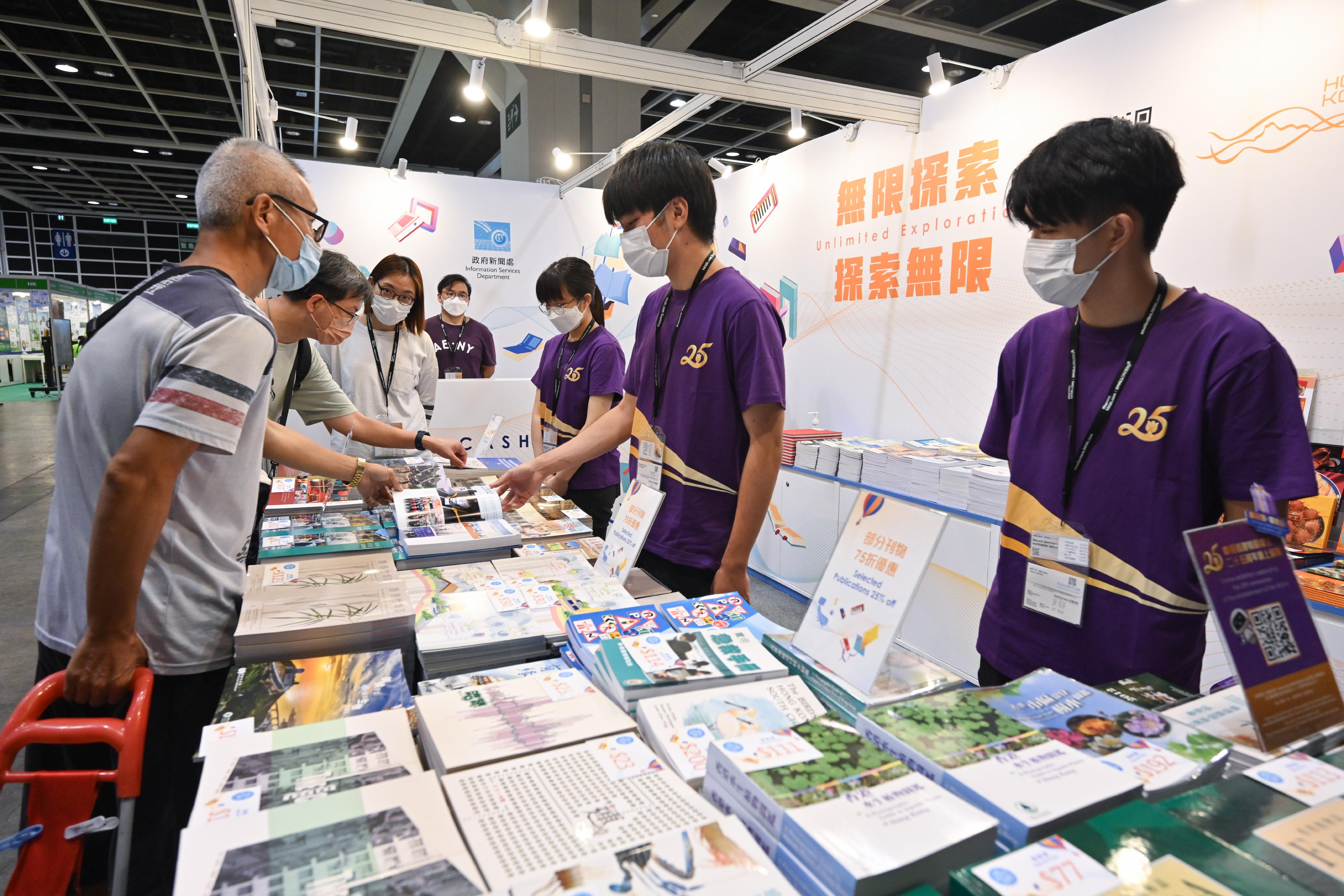Government finishes exercise on “restriction-testing declaration” in respect of specified “restricted area” in Tan Fung House, Choi Hung Estate, Wong Tai Sin, and enforcement operation for breaches of compulsory testing notice
​The Government yesterday (July 19) exercised the power under the Prevention and Control of Disease (Compulsory Testing for Certain Persons) Regulation (Cap. 599J) to make a “restriction-testing declaration” effective from 5.30pm yesterday, under which people (hereafter referred to as “persons subject to compulsory testing”) within the specified “restricted area” in Wong Tai Sin (i.e. Tan Fung House, Choi Hung Estate, Wong Tai Sin) were required to stay in their premises and undergo compulsory testing. Persons subject to compulsory testing were required to stay in their premises until all such persons identified in the “restricted area” had undergone testing and the test results were mostly ascertained. All persons in the “restricted area” who have tested positive in the past 14 days, including positive cases identified either by nucleic acid tests recorded by the Department of Health (DH) or by rapid antigen tests that have been self-declared to the DH, were not required to undergo testing in this compulsory testing exercise.
In addition, the Government issued a compulsory testing notice yesterday, requiring persons, other than those specified above, who had been present at the above building for more than two hours from July 13 to 19, 2022, even if they were not present in the “restricted area” at the time when the declaration took effect, to undergo compulsory testing on or before July 21, 2022.
The Government finished the compulsory testing exercise at around 9.30am today (July 20) and carried out enforcement action in the “restricted area” afterwards to verify that all people in the “restricted area” had undergone compulsory testing in accordance with the requirements of the relevant declaration and compulsory testing notice. The Government announced that the enforcement operation ended at around 1.10pm today.
The Government provided food packs for persons subject to compulsory testing to facilitate their meal arrangements. Anti-epidemic proprietary Chinese medicines donated by the Central People’s Government or procured with the co-ordination of the Central People’s Government and rapid antigen test kits were also distributed to persons subject to compulsory testing to help them fight against the virus. The Buildings Department also set up a hotline for people restricted by the declaration to make enquiries and seek assistance.
 
The Government thanks persons subject to compulsory testing for their support and understanding. With everyone’s co-operation and efforts, coupled with the efforts of the testing contractors throughout the night, residents have been informed about their testing results by SMS notification. After finishing the compulsory testing exercise at around 9.30am today, the Government took enforcement action in the “restricted area” immediately to verify that all people in the “restricted area” had undergone testing according to the requirements of the declaration and the compulsory testing notice. Persons who could present an SMS notification containing a negative testing result as proof of having undergone the compulsory testing could leave the “restricted area” through the designated exit after providing personal information to a prescribed officer. The enforcement operation was completed at around 1.10pm. Test records of around 516 persons subject to compulsory testing were checked. Fifty-one persons were found not having undergone compulsory testing and compulsory testing orders were issued to them. Taking into account the above situation, the Secretary for Health revoked the “restriction-testing declaration” in accordance with Cap. 599J (see attachment).
The Government reminds the 154 households who have not answered the door to undergo a nucleic acid test as soon as possible after reading the notices put up by the Government, in the hope of eliminating the possible risk of further spread of the virus in the community.
The Government thanks all participating government staff, the testing agencies and the venue set-up contractors for their hard work. The Government is also grateful to those subject to compulsory testing for their support and understanding, and their full co-operation during this period in undergoing testing and waiting for the results at home.
The Government will seriously follow up on the compliance situation of the compulsory testing notices and the “restriction-testing declaration” by persons subject to compulsory testing. Any person who fails to comply with the compulsory testing notices commits an offence and may be liable to a fixed penalty of $10,000. The person will also be issued with a compulsory testing order, requiring him or her to undergo testing within a specified time frame. Failure to comply with the order or the “restriction-testing declaration” is an offence and the offender may be liable to a fine of level 5 ($50,000) and imprisonment for six months. read more






